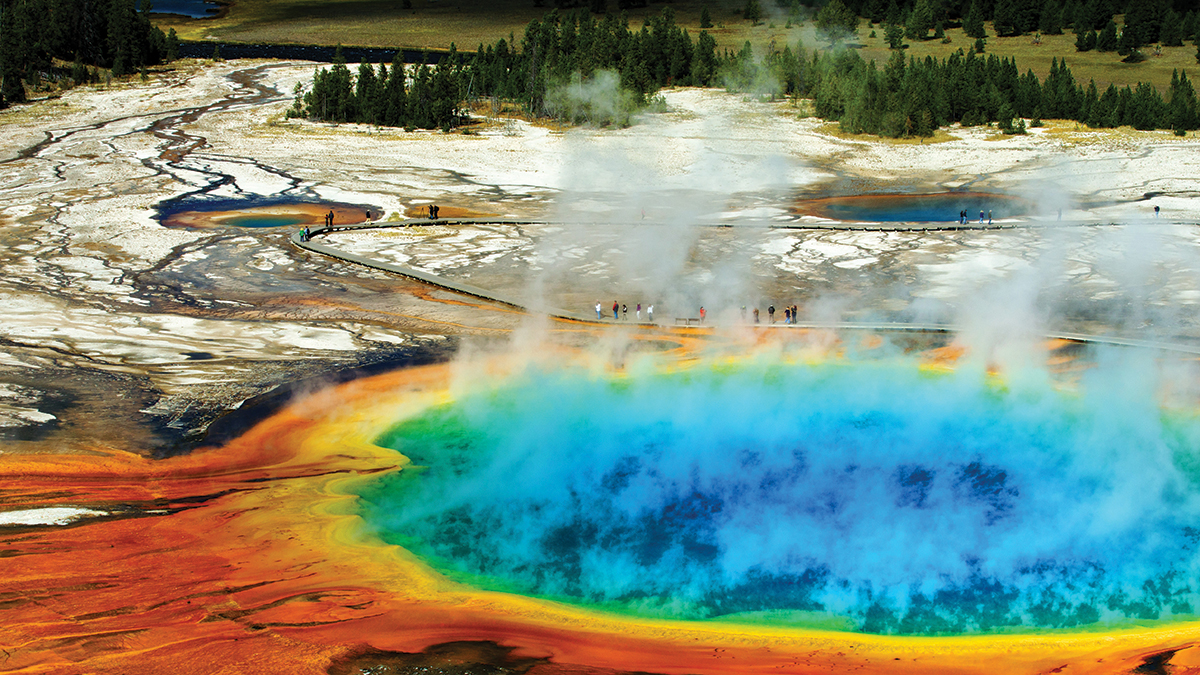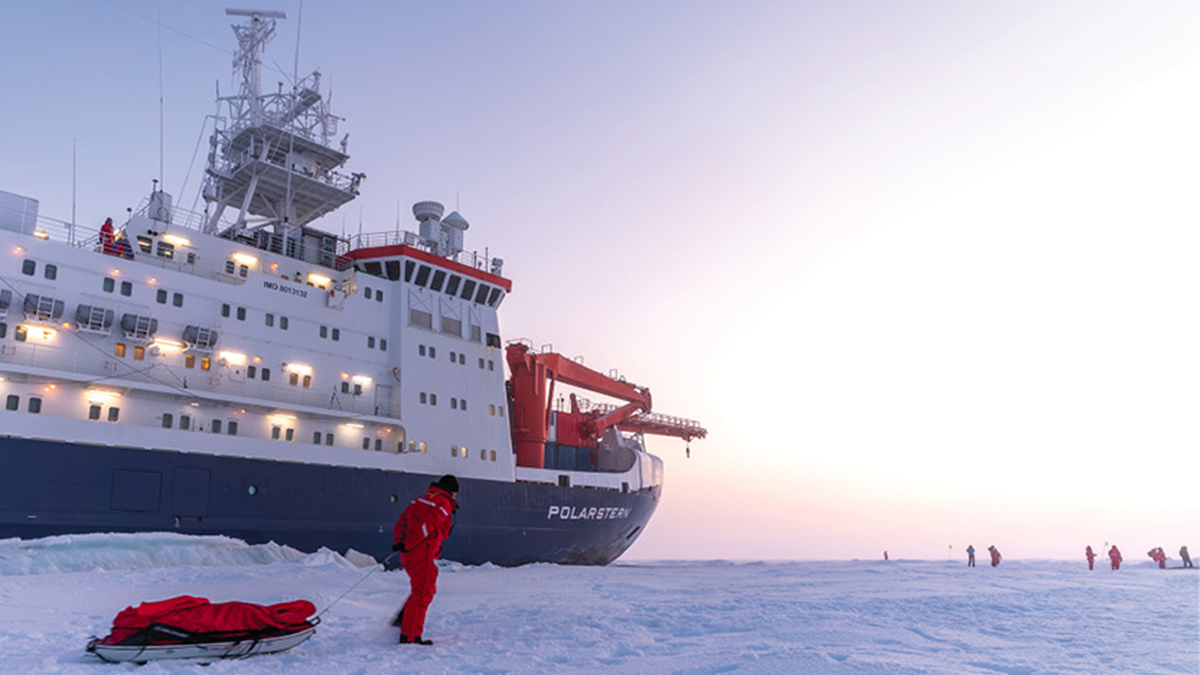Archive: Write from the Start, March 11, 2021
Have you read great articles in the NSTA journals that changed or added to the ways you and your students do science for the better? You could inspire other educators across the country in the same way by sharing your teaching ideas, activities or lessons as an NSTA journal author!
Have you read great articles in the NSTA journals that changed or added to the ways you and your students do science for the better? You could inspire other educators across the country in the same way by sharing your teaching ideas, activities or lessons as an NSTA journal author!
Have you read great articles in the NSTA journals that changed or added to the ways you and your students do science for the better? You could inspire other educators across the country in the same way by sharing your teaching ideas, activities or lessons as an NSTA journal author!
Have you read great articles in the NSTA journals that changed or added to the ways you and your students do science for the better? You could inspire other educators across the country in the same way by sharing your teaching ideas, activities or lessons as an NSTA journal author!







